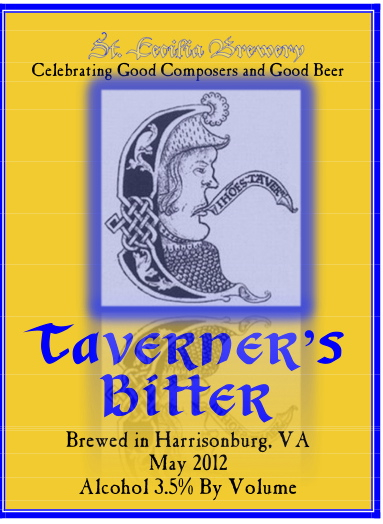Richard Wagner was an asshole. There’s no other way to say it, really.
In addition to being vain, conceited, histrionic, self-serving, and an all-round Machiavellian, he was also a rampant anti-Semite. His polemic 1850 essay Das Judenthum in der Musik (Jewishness in Music) is an atrocity and without a doubt one of the great embarrassments of modern Western culture. The adoption of his music by the National Socialists 50 years after his death sealed his fate as a problematic figure for posterity.
But the fact remains that he was a musical genius: without a doubt, he nearly single-handedly changed the course of western art music in general, and opera in particular. To ignore Wagner because of his politics would be (somewhat) akin to ignoring Pablo Picasso because he was a womanizer, or Leonard Bernstein because he was a pædophile. Wagner’s chromatic harmonic language, orchestral writing, and sense of the dramatic paved the way for both the post-tonal revolution of the early 20th century and the neo-Romantic style of the late 20th century. He invented a new brass instrument. He designed his own theatre and wrote his own opera librettos.
sequential unresolved diminished 7th chords…as delicious as a Munich lager…
Thus, even as we lament Wagner’s misguided philosophies and condemn his racism, we can nevertheless acknowledge his musical greatness: we’re all sinners, after all, and the St. Cecilia Brewery celebrates good composers, not necessarily Upstanding Human Beings. As we brew up a Munich-style Helles (“Bright”) Lager, there’s no denying that one can’t get much more Bavarian than Wagner.


